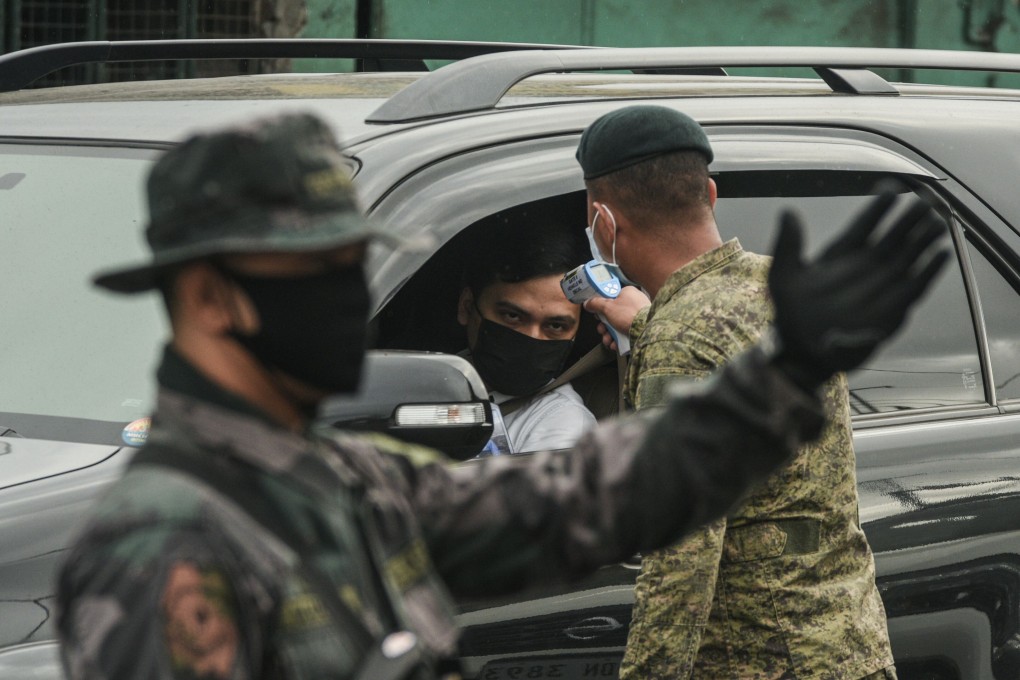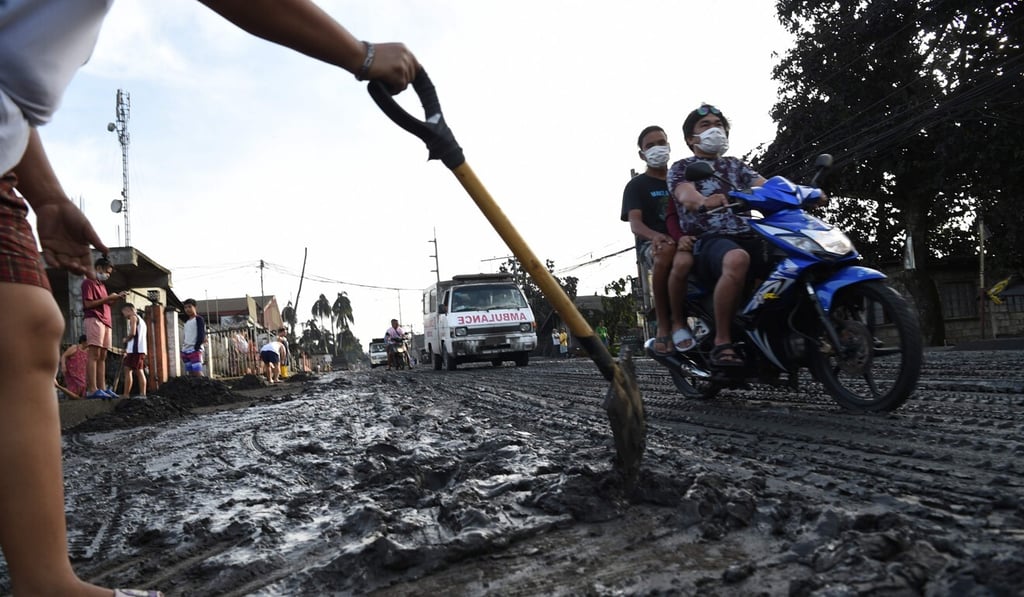Advertisement
Coronavirus: just what the post-Taal volcano Philippines’ tourism industry didn’t need
- Batangas and Cavite provinces, south of Manila, were just beginning to recover from an eruption of Taal Volcano in January when the coronavirus hit
- The country’s subsequent lockdown on travel has sent already struggling cafes, restaurants and hotels in the area even closer to the brink
Reading Time:4 minutes
Why you can trust SCMP
0

Kuuma Kaakao Cafe in Tagaytay City, about 60 kilometres south of the Philippine capital of Manila, used to be buzzing with customers around this time of year. Especially in the early evening, when visitors would flock to watch the colours of sunset play across the nearby Taal Volcano.
“But ever since the eruption, very few tourists have come,” said the cafe’s owner, Mariellie Casauay.
Taal spewed ash and hot rocks into the sky on January 12, triggering a series of earthquakes and aftershocks in the days that followed.

Fallen ash coated the roads of Batangas province, where the volcano is located, as well as those in the nearby provinces of Cavite and Laguna, making them slippery and dangerous to traverse.
Visibility was close to zero for days, thanks to the soot hanging in the air, and supplies of electricity and water were also sporadic for weeks afterwards.
Advertisement